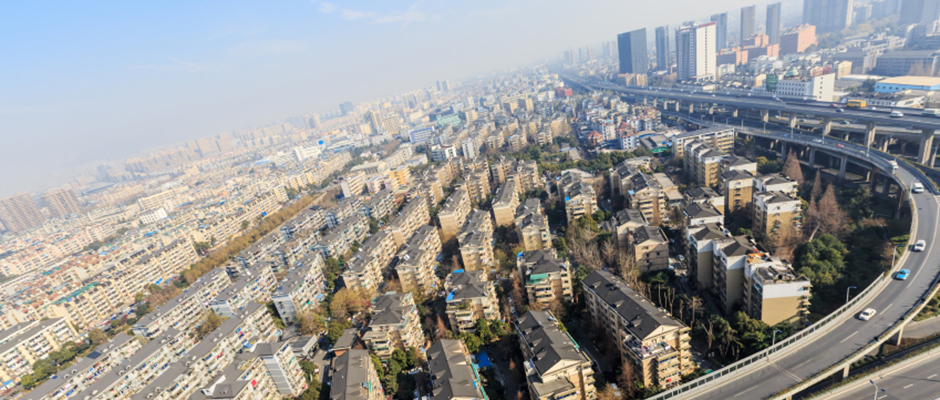The Re-Making of Chinese Urban Neighbourhoods: Socio-Spatial Transformation and Access to Public Services

Against a backdrop of far-reaching social change, China’s cities are being reshaped by migration, rapid development and widening inequality. The Re-Making of Chinese Urban Neighbourhoods: Socio-Spatial Transformation and Access to Public Services explores the ways cities are being reconfigured by these forces, with Chengdu, Hangzhou and Tianjin as case studies.
Using the neighbourhood as the lens of analysis to examine broader trends, the project will seek to identify the shifting social composition of city districts and the effects of population movement, land development and the growth of middle-income households in China on urban space and society. In particular, the research focuses on the increasing social stratification of Chinese cities and its impacts on access to public services such as education, health, housing and employment.
The findings of the project will provide policy makers and academics with a clearer picture of the implications of migration and inequality on urban life at a local level. As China moves forward with its New Urbanisation Plan, this knowledge will be of crucial importance in guiding more inclusive and sustainable patterns of urban growth.
Ya Ping Wang (Principal Investigator, Chair)
Jane Duckett (Professor)
Keith Kintrea (Professor)
Rebecca Madgin (Senior Lecturer)
Jing Yao (Lecturer)
Julie T. Miao (Lecturer)
Nakai University
University of Glasgow
Comprehensive data collection in case study cities through GIS mapping, policy analysis, field interviews and other methods.
Integration of various data sources to facilitate comparative analysis.
Publication of a range of outputs throughout the project, including academic articles, briefings and a multi-authored book.